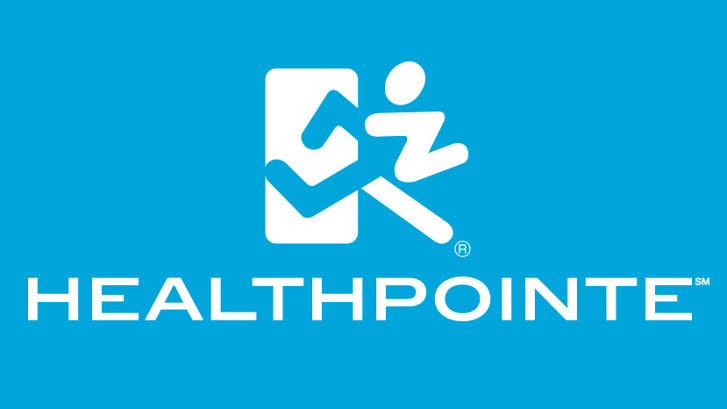Diabetic Emergencies
Diabetes is a serious medical condition requiring daily vigilance lest the affected person’s blood glucose become too high (hyperglycemia) or too low (hypoglycemia). In either case, coma and even death are all too common consequences from being unprepared to deal with diabetic emergencies.
Fortunately, you and your family members can successfully deal with a do-or-die diabetic emergency with the appropriate preparations.
Prepare an Emergency Kit
One of the open secrets of effective diabetes management is being prepared with an emergency kit, which should be within your reach and with the knowledge of the adults in the house at all times. Keep in mind that time is of the essence in diabetic emergencies so the knowledge of what to do and when to do it is of lifesaving importance.
The best emergency kit for diabetes should be portable, insulated and waterproof to protect its contents from degradation caused by the natural elements. It should contain the following items:
- List of relevant information related to your diabetes condition – type of diabetes; underlying medical conditions, allergies, and prior surgeries; present medications including dosages as well as contact information of the pharmacy filling in your prescriptions; and contact information for next of kin and healthcare providers.
- List of diabetes medication regimen particularly as it pertains to insulin injections
- 30-day supply of all your oral and injectable medications (Be sure to check expiry dates or use an inventory method so that the medicines are used before expiry date)
- Blood sugar testing supplies including 2 glucose meters plus extra batteries
- Cooler for 4 freezable gel packs for keeping the insulin in the appropriate temperature
- Carbohydrate source for treating hypoglycemic reactions (e.g., juice, glucose gel, sugar cubes, hard candy); add a 3-day supply of food and bottled water especially when travelling
- First aid supplies like bandages, medications, and cotton swabs.
Being a prepared diabetic beats being an unprepared patient especially as the medical condition is a traitorous one!
Prepare for Emergencies
But the emergency kit is just a tool – you and your family members must be able to use its contents. Everybody concerned about your health must also know what to use, when to use it, and how to use it during a diabetic emergency.
In many diabetics, the more common issue is hypoglycemia wherein the blood glucose level becomes too low for the body to deal with. Its symptoms include
- extreme tiredness
- loss of concentration
- persistent headache
- pale or sweaty skin
- severe thirst
- abdominal pain
- nausea or vomiting
- dizziness and loss of coordination
- erratic behavior
- rapid loss of consciousness
Since you may be unable to spot these symptoms on your own, you must train your family members, perhaps even your close friends, to identify these signs and then act accordingly. Others can be of help in a hypoglycemic attack by:
- Calling 911 for an ambulance
- Giving you sugar sources like hard candy, glucose sweets, and even regular soda, if you are conscious, followed by a more substantial carb-rich food. Improvements in your symptoms usually happen in a few minutes.
- Supporting you on your side while waiting for the paramedics, if you are unconscious, while avoiding giving you anything to eat or drink. Not even a single shot of insulin should be given!
Knowledge can, indeed, save lives! For more information call 888-719-8448 or walk in to any of our location such as, our Colton office near Rialto, Bloomington, San Bernardino, Loma Linda, Highgrove, and Grand Terrace.
About Healthpointe:
Healthpointe is a leading multidisciplinary healthcare organization offering a full range of medical services in practice locations throughout Southern California (Los Angeles county, Orange county, San Bernardino county and Riverside county). Healthpointe has locations situated in over 10 cities in Southern California including Los Angeles, which is conveniently located near Burbank, Glendale, Pasadena, Beverly Hills, Santa Monica, Inglewood, Hawthorne, Huntington Park, South Gate, Lynwood, Montebello, Monterey Park, and Alhambra. As a highly regarded musculoskeletal group, we have a personal investment in the highest level of service, and we are proud of our record of excellence over the last four decades with private patients, injured workers, urgent care, personal injuries, and professional and non-professional athletes. Leading our organization is a dynamic team of healthcare professionals who continually strive to be at the forefront of medical innovation and healthcare service delivery. For more information, a complete list of services, and Healthpointe locations, visit https://healthpointe.net/.

